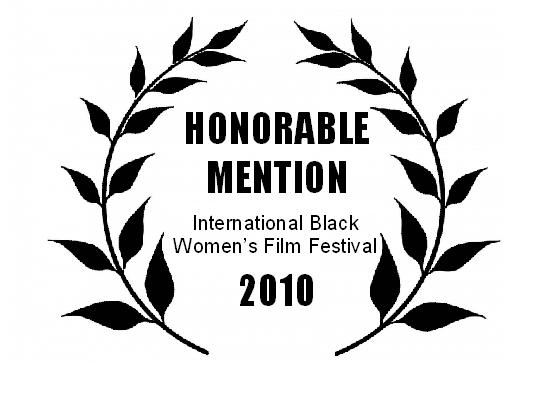
The best solution seems twofold:
1. Employment discrimination laws must be actively adjudicated as applicable to entertainment workers. For on-camera talent - the most controversial of employees who seek redress - the Bona Fide Occupational Qualification delineated by the EEOC (Equal Employment Opportunity Commission) projects the most promising application. In sum, unless the discrimination in question is "reasonably necessary to the normal operation" of the production in question and "the essence of the business operation would be undermined if the business eliminated its discriminatory policy", it is legally impermissible. No longer would financial interests motivated by supposed consumer preference (not a legal defense to discriminatory conduct) be perceived as beyond the law's reach. Unless the messaging of the creative project is intended to make a statement about, e.g., racism, no longer can producers defend discriminatory casting where the race of the characters is not essential for the project (duly noted that current jurisprudence only recognizes gender as a defendable occupational qualification).
2. In the spirit of the Montgomery Bus Boycott, consumers need to keep their dollars from the pockets of producers and production companies that discriminate. If, for example, as a consumer, you are interested in seeing Sony Pictures' "21" - a film that employed Jim Sturgess to portray Chinese-American Jeff Ma's "real life" story - instead of supporting the production with a full price ticket, wait until the movie is cheaper as a DVD rental, add it to your NetFlix or Blockbuster queue, borrow it from your local library, or don't see it at all. Wondering how to get a heads up about that movie you're thinking of seeing? Websites like imdb.com (Internet Movie Database) are excellent resources to preview films, their plotlines, and their casts along with activists like Racebending.com. If you don't think the cast inclusively matches the synopsis, stay at home. In the same vein, why buy a product advertised with discriminatory media? If that commercial offends, buy a different brand ... and don't forget, stage performers are also fighting for Equal Employment Opportunity, so check out the background on that play and the theater's season of entertainers before you buy a seat. Similarly, if a production has a diverse cast, non-traditional leads, the absence of stereotypes, and inter-relationships you know exist and need to be seen in the real world, show your support by product preference. If we want the world to evolve such that all people truly are equal, then we've got to show the world what that looks like.
Getting Played in the NEWS
The documentary "Getting Played" receives Honorable Mention at the 2010 International Black Women's Film Festival (June 2010)
Getting Played
who's playing you?
a film by Kathleen Antonia Tarr
The USA's entertainment industry is not diverse. This much is obvious. As reported by the Screen Actors Guild, the The Biz employs more than 72% White and 62% male on-camera talent (SAG reports), numbers that do not remotely reflect the populations of entertainment hubs Los Angeles and New York City where people of color and women each constitute more than half of all residents (source: U.S. Census Bureau, 2000 Estimates). Behind camera employment numbers are equally uninspiring. What can we do about it? Explore What The ... Productions 2010 documentary Getting Played, and find out what you think.
* Getting Played is designed to be viewed online. Please pause playback to conduct your own research on any of the topics discussed.
2009 Interview with filmmaker, Kathleen Antonia,
on The Killen Report
©2010 What The ... Productions
If you prefer to watch Getting Played in shorter segments,
please visit What The ... Productions on YouTube.
Sign the Guest Book and share your solutions!
Events
Getting Played producer Kathleen Antonia We Wear the Mask: How to Define and Control the Black Image through Casting panelist after screening of Hollywood Shuffle at Western Addition Library, 1550 Scott St., San Francisco, CA, Saturday, Feb. 18, 2012; event runs from 1:30-4pm
Getting Played producer Kathleen Antonia presenting Got Bias? the myth of the meritocracy at the 3rd annual Leadership and Social Justice Conference, October 16, 2011
Getting Played producer Kathleen Antonia Casting Call to Arms: Nontraditional Casting and Inclusive Hiring in the 21st Century panelist at Theater Bay Area's May 23, 2011 conference The Next Act: Focusing the Conversation on Excellence
Getting Played Part 6 ("BFOQ") utilized in "Ethics@Fordham - The Unofficial Blog of 'Ethics in Business' (class sections taught by Miguel Alzola)", October 31, 2010
Getting Played producer Kathleen Antonia guest speaker at September 30, 2009 Unconscious Bias Panel at Writers Guild of America-West, Los Angeles
Art has the power to affect our thinking, changing not only the way we view and interact with the world but also how we create it.
- Ernst van Alphen
